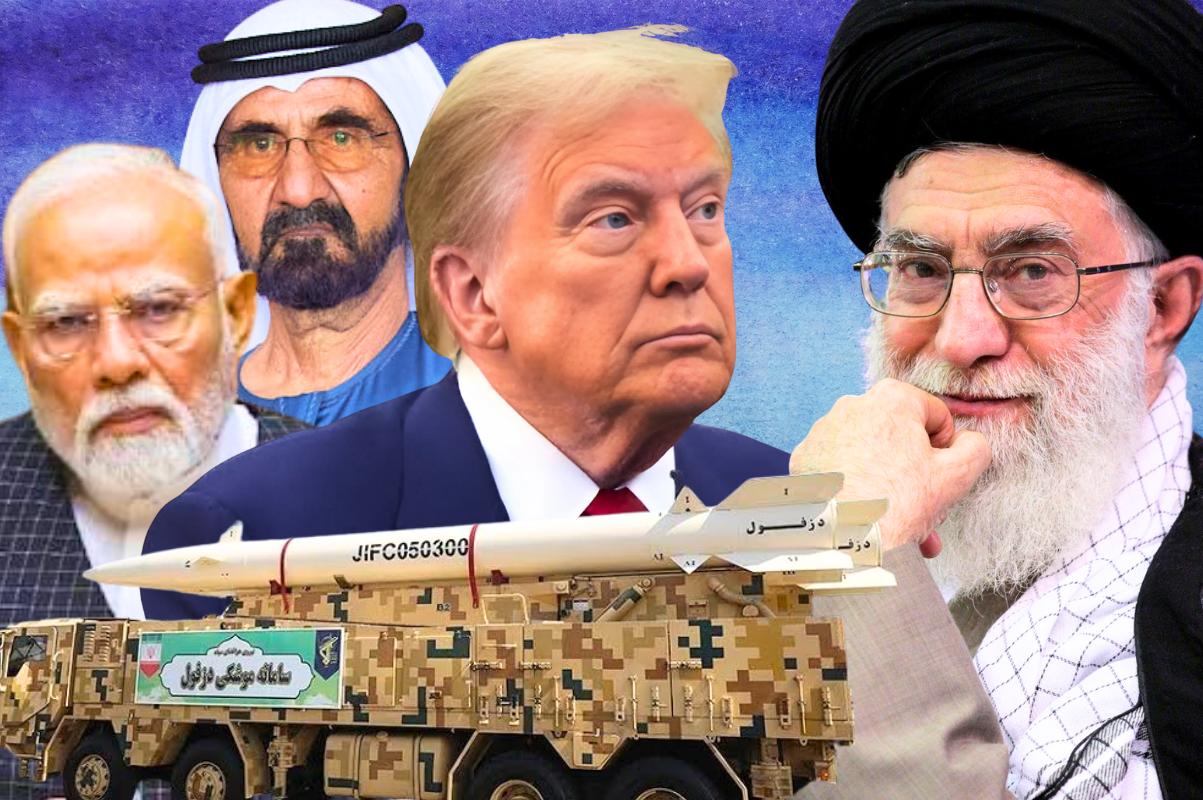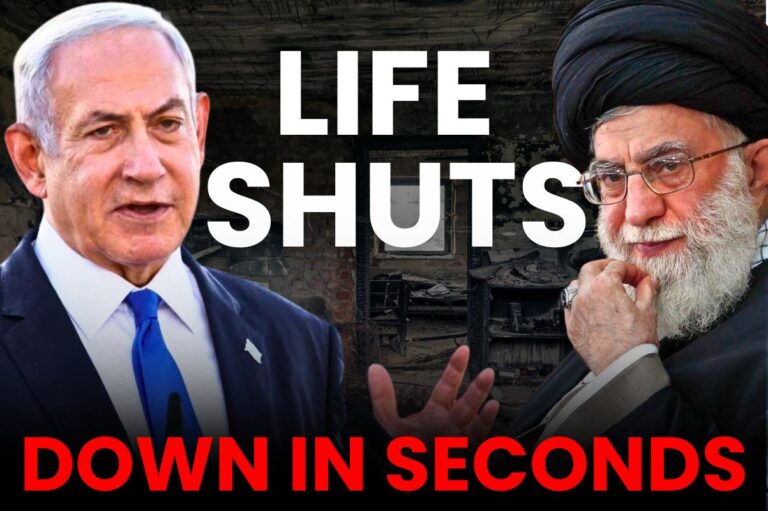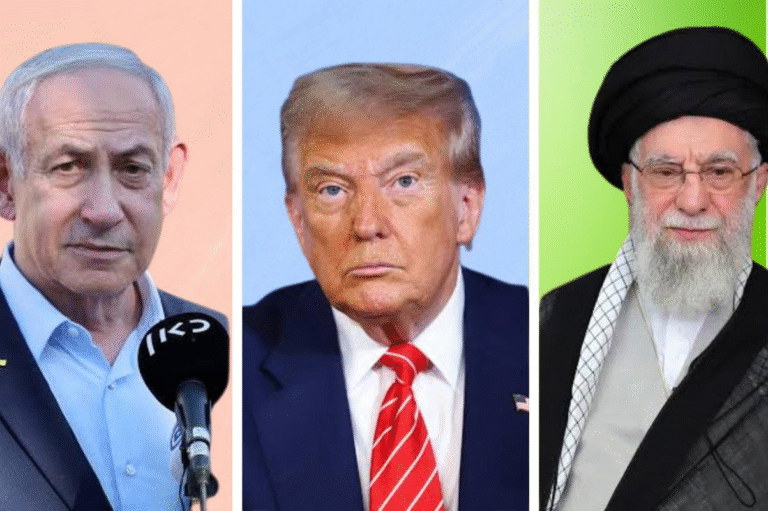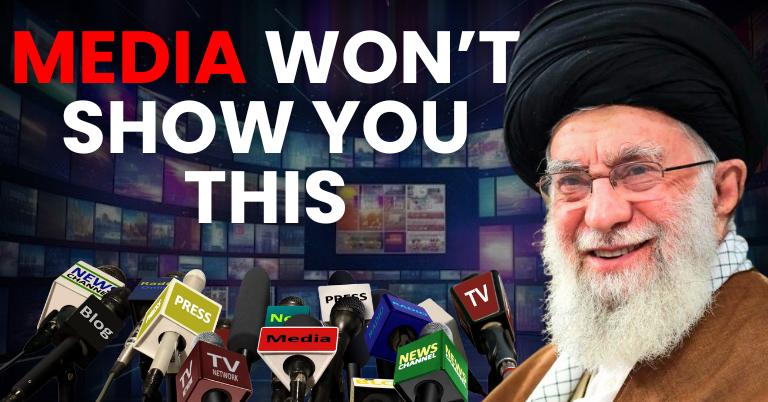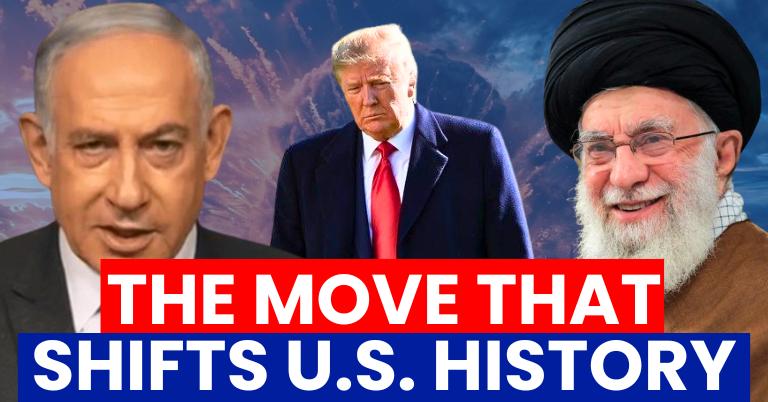India, UAE & U.S. Launch Joint Naval Patrol in Arabian Sea Amid Iran Tensions
In a notable development that underscores the growing regional partnerships, India UAE & U.S. launch joint naval patrol in the Arabian Sea amidst escalating tensions with Iran. This initiative, officially confirmed by defense officials on June 25, 2025, serves as a direct response to the mounting maritime threats and instability in the Gulf region, particularly in light of the recent U.S. strikes on Iranian nuclear facilities and the heightened Iranian naval activity.
This trilateral naval deployment not only enhances maritime security in one of the world’s busiest trade routes but also signifies a deeper level of defense cooperation among the three nations. Each nation has a vested interest in regional stability and freedom of navigation.
Also read, China condemns US Attack on Iran ‘Seriously Violates’ International Law.
Joint Naval Patrol in Arabian Sea
The launch of a joint naval patrol by India, the United Arab Emirates, and the United States in the Arabian Sea is a response to heightened geopolitical uncertainty. According to The Hindu, this coordinated effort was expedited after intelligence reports revealed potential threats to commercial vessels and regional military assets in the Strait of Hormuz and its surrounding waters.
In recent weeks, Iran has intensified its military drills, deployed drones, and issued warnings of retaliation against U.S. and Israeli targets from Tehran. In response, the joint naval operation aims to deter aggression, secure sea lanes, and maintain open maritime corridors that are crucial for global energy and trade flows.
Strategic Objectives Behind the Naval Cooperation
The joint patrol holds significant importance beyond its symbolic value, serving multiple strategic objectives. For India, it reinforces its position as a responsible maritime power in the Indo-Pacific region. For the UAE, it signifies its growing security partnership with prominent global powers. Moreover, for the United States, it conveys a strong message of deterrence to Iran and other adversaries.
Al Jazeera reports that this collaboration also involves intelligence sharing, coordinated patrol routes, and joint search-and-rescue drills, which enhance tactical interoperability among the three navies. The U.S. Navy’s Fifth Fleet, based in Bahrain, is overseeing the coordination efforts, while India’s Western Naval Command has deployed INS Chennai, a guided-missile destroyer, to participate in the operations.
Importance of the Arabian Sea and Strait of Hormuz
The Arabian Sea and the nearby Strait of Hormuz serve as strategic chokepoints, through which nearly one-third of the world’s oil supply passes. Amidst escalating tensions with Iran following U.S. military actions and regional disputes, the stability of these waters is paramount for global economic security.
India, the UAE, and the U.S. are collaborating on a joint naval patrol to deter Iran from escalating hostilities in a region already grappling with conflict. As Reuters reported, this display of maritime strength aims not only to serve as a military deterrent but also to reassure international shipping companies and energy firms that trade will remain uninterrupted.
India’s Expanding Role in Regional Security
India’s participation in the joint naval patrol signifies its growing strategic presence in West Asia and the Indian Ocean Region. Over the past decade, India has strengthened its defense ties with both the United States and the United Arab Emirates, resulting in the signing of logistics and intelligence-sharing agreements.
Indian officials, as reported by The Economic Times, view this patrol as part of a larger strategy to safeguard national interests, protect Indian citizens working in the Gulf, and ensure energy security by maintaining safe maritime trade routes.
This marks a significant shift in India’s traditionally cautious approach to Middle East security affairs, positioning New Delhi as an active participant in shaping regional order.
UAE’s Maritime Diplomacy in Action
Abu Dhabi’s commitment to playing a proactive role in regional maritime security is evident in its involvement in the trilateral naval patrol. Over the past few years, the UAE has significantly strengthened its naval cooperation with both India and the United States, engaging in joint exercises, port visits, and defense deals.
This deployment bolsters the UAE’s standing as a security partner in the Arabian Sea, aligning with a broader diplomatic strategy that aims to strike a balance between relations with Western powers and maintaining pragmatic ties with Iran.
Emirati naval forces are providing patrol boats, surveillance drones, and logistical support to the operation, as reported by Gulf News. This comprehensive coverage ensures the protection of crucial shipping lanes and choke points.
U.S. Aims to Reassert Naval Dominance
The United States has launched a renewed effort to assert its naval dominance in the Gulf region. This joint patrol is part of this effort, following criticisms of retreat and uncertainty in previous years. The patrol serves as both a demonstration of force and a stabilizing measure, particularly given the heightened tensions following recent U.S. strikes on Iranian nuclear infrastructure.
The Biden administration has prioritized multilateralism and strategic partnerships as the cornerstone of its foreign policy, and this operation aligns with that approach. The presence of the U.S. Navy, supported by allies like India and the UAE, sends a message of unity and collective resolve in the face of regional threats.
Conclusion
Amidst escalating tensions with Iran, India, the UAE, and the U.S., these nations have jointly launched a naval patrol in the Arabian Sea. This coordinated effort serves as a clear message to Tehran and other regional actors, emphasizing that aggression will not be tolerated. It underscores the shared international responsibility to safeguard critical sea lanes.
This operation, beyond its tactical objectives, signifies a deepening of trilateral cooperation, a shared vision for regional stability, and a commitment to a rules-based maritime order. With energy security, trade, and geopolitical stability at stake, this joint naval mission could pave the way for a more integrated defense framework in the Indo-Pacific and Gulf regions.
